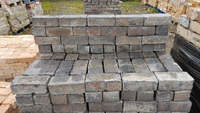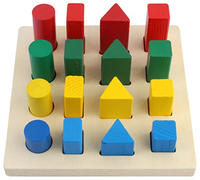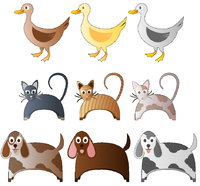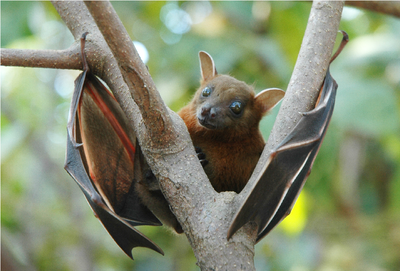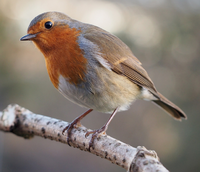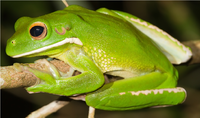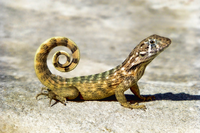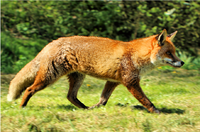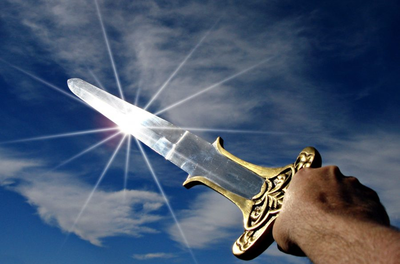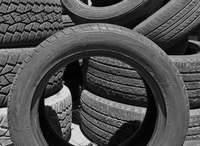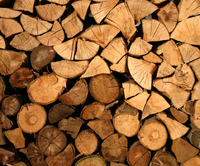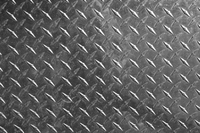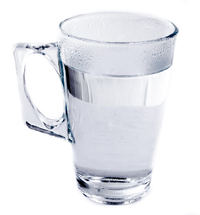Classify (Science)
Contents
Key Stage 1
Meaning
To classify is to put objects into groups with similar properties.
About Classification
- When we put things in groups we are classifying them.
- We put things in groups because it helps us organise the world.
Examples
| A builder classifies their bricks by colour and puts them into piles. | A child classified their blocks by shape and colour and arranged them in rows and columns. | A student classified animals by the sounds they made. |
Key Stage 2
Meaning
To classify is to put objects, materials and living things into groups with similar features or properties.
About Classification
- Classification helps us organise the world into meaningful groups. If I wanted to make a sword I might use Iron, but if I didn't have any Iron I couldn't make a sword out of brick, so I would look for another material that is classified as a 'metal' because it has similar properties to Iron.
- Classifying things helps us identify them. If I'm not sure what something is, I can look at its features or properties to classify it.
Examples
Which is the correct classification of a Bat?
| Birds have feathers and lay eggs. | Amphibians can survive under water and on land and lay soft eggs. |
| Reptiles has dry scales and lay eggs. | Mammals have fur and feed their young with milk. |
How would you classify the material that this sword is made from?
| Rubber is a stretchy, bendy, opaque and waterproof material. | Wood is a hard, opaque and bendy material that grows inside trees. |
| Metal is a hard, smooth, shiny, bendy and opaque material. | Glass is a hard, smooth, shiny, transparent, firm and stiff material. |
